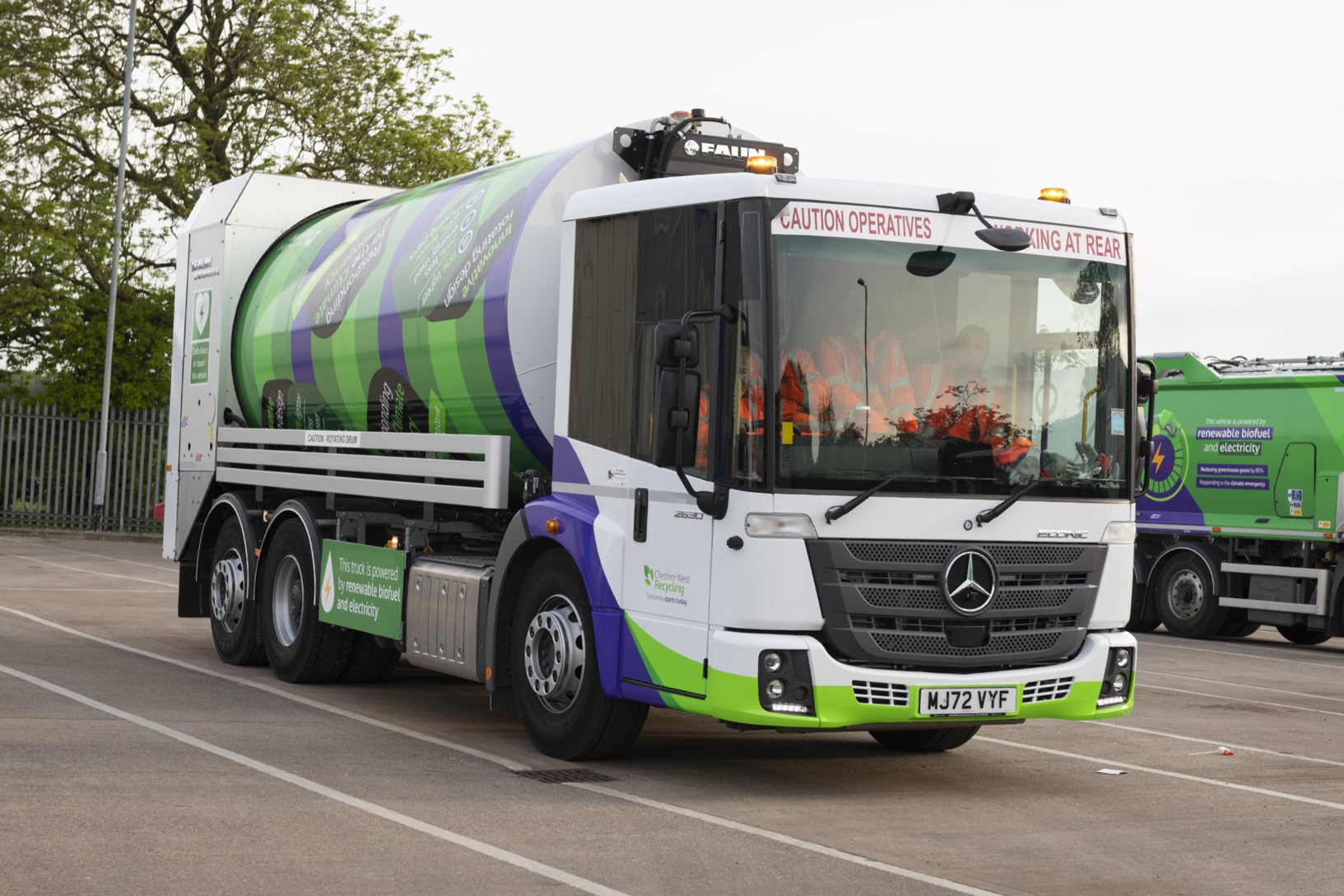
Research from the British Heart Foundation has found that in the UK more than 30,000 ‘out-of-hospital’ cardiac arrests happen each year with only a 1 in 10 survival rate. Every minute a person in cardiac arrest is without CPR and a defibrillator, their chance of survival is reduced by up to 10%. Without immediate intervention with a defibrillator, most cardiac arrests are fatal.
With the community sitting at the heart of its operations, Cheshire West Recycling has installed defibrillators on 25 additional vehicles to ensure that its entire fleet of 61 frontline vehicles are equipped with these life-saving devices.
Andy Edwards, Managing Director at Cheshire West Recycling has said: "Our vehicles travel right across the community some five to six days a week and our workforce is easily recognisable by residents. As such, we are well placed to be able to help in an emergency and to potentially save lives.
“We believe that defibrillators should readily available in the community and we are eager to spread the message that our vehicles can be flagged down for this purpose.”
The onboard defibrillators on all Cheshire West Recycling vehicles are fully automatic and simple to use, allowing any crew member to deploy them. Clear visual and voice prompts guide the user through the resuscitation process, with the device automatically analysing heart rhythms and delivering an automatic shock if necessary. Additionally, the built-in Pediatric-Pak ensures that if the affected person is a child, the device adjusts to deliver the appropriate energy level (50 J) for a minor.
Stephen Bradley, Procurement Lead at Cheshire West Recycling adds: “Cheshire West Recycling is all about community and we aim to positively impact our local community in everything we do.
“Our social value commitment is important to us, and we were delighted to procure the defibrillators locally while collaborating with small and medium-sized enterprises (SMEs). We also considered the carbon savings from energy efficiency measures involved in their production and distribution.”
All 61 frontline CWR vehicles that are equipped with defibrillators are now on the roads and members of the public are encouraged to alert any of these vehicles should they find themselves in the situation whereby the need a defibrillator.


